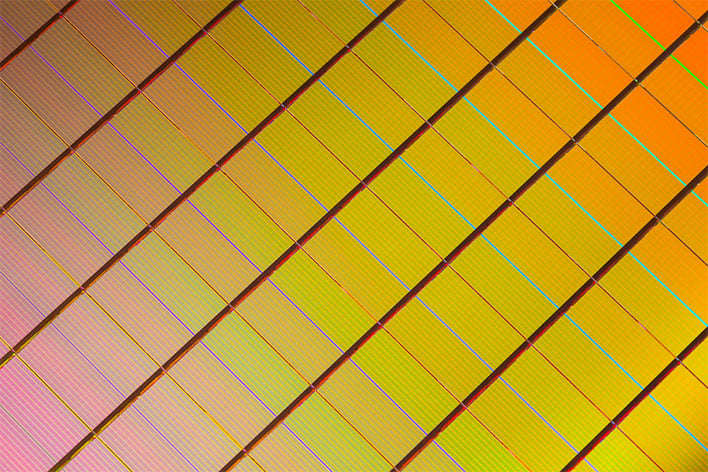Micron Ditches 3D XPoint Memory Development Which Could Put Intel Optane In Jeopardy

Micron on Wednesday announced that with "immediate effect," it is moving away from further developments into 3D XPoint technology, and allocating those resources instead to bringing CLX-enabled memory products to market as quickly as possible. It also plans on selling its 3D XPoint fab in Lehi, Utah, and anticipates reaching a sales agreement before the end of the year.
The move marks the end of a short era, in some respects. Micron and Intel jointly developed 3D XPoint, pitching it as being 1,000 faster and 1,000 more durable than traditional NAND flash memory, as well as 10 times denser. It had the potential to be a game-changing technology, a glimpse of which we have been able to see in some of Intel's Optane memory products.
In 2018, Micron purchased Intel's stake in 3D XPoint for $1.5 billion. Now three years later, Micron has determined it just too costly to continue developing, after having recently reported it was negatively affecting annual profits by $400 million.
"Micron has now determined that there is insufficient market validation to justify the ongoing high levels of investments required to successfully commercialize 3D XPoint at scale to address the evolving memory and storage needs of its customers," Micron said.
The decision leaves Intel in an interesting spot. Intel continues to make and sell Optane memory products for the data center and to consumers. It also operates a 3D XPoint research and development facility in New Mexico, but mass production efforts have been handled by Micron at its Lehi fab. It's possible Intel could emerge as the buyer.
Micron and Intel have an agreement in place for the former to continue supply wafers to the latter through the current calendar year, and Micron says it will still honor that agreement, while holding onto all IP related to 3D XPoint technology.
Regardless, Intel for the time being says its Optane roadmap is intact. It also downplayed any potential negative effects Micron's decision might have on its ability to produce enough Optane products to meet demand.
"Micron’s announcement doesn’t change our strategy for Intel Optane or our ability to supply Intel Optane products to our customers," Intel said in a statement.
Intel's optimism aside, a huge question mark now looms over the future of 3D XPoint and related products.

